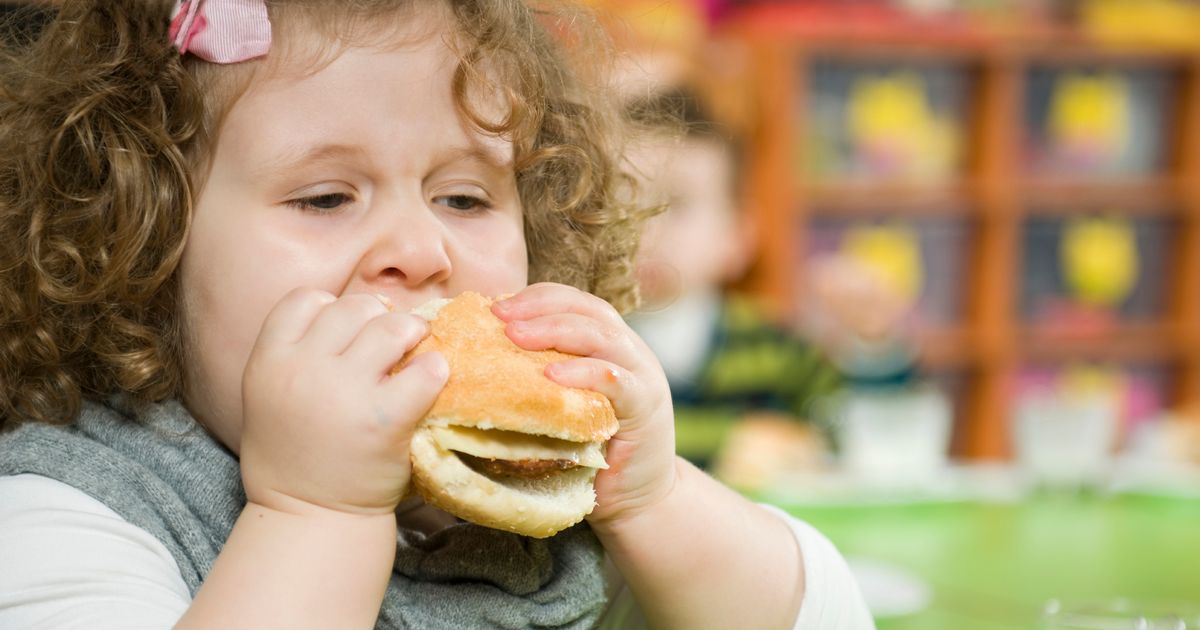The results of a new 30-year study show that being overweight or obese as a child is linked with reduced cognitive capacity in later life.
The study, out of Monash University in Australia, followed 1200 children from 1985 for a period of 30 years, tracking their physical performance and cognition.
As well as being associated with cognitive decline, childhood obesity is also linked with dementia in later life.

Childhood obesity and cognitive decline: new study
The study followed just over 1200 people from 1985 when they were between 7 and 15 years old all the way to 2017-19. It is the first significant study to look for links between objectively measured fitness and obesity in childhood with cognition in middle age, following the hypothesis that childhood activity levels, fitness and metabolic health may ward off dementia as we age.
It was already known that adults enjoy better quality of life if they developed muscular strength, cardiorespiratory fitness and endurance due to sport and activity as children. Being fitter as an adult is also associated with better cognition and decreased risk of dementia later in life.
In 1985, 1244 participants aged between 7 and 15 years from the Australian Childhood Determinants of Adult Health study were assessed for fitness (cardiorespiratory, muscular power, muscular endurance) and anthropometry (waist-to-hip ratio).
These participants were followed up between 2017 and 2019 (aged 39-50, average age 44) in respect to their cognitive function using a series of computerised tests.
According to Associate Professor Michele Callisaya from the National Centre for Healthy Ageing, based at Peninsula Health and Monash University in Melbourne, this is the first study that shows a relationship between objectively measured fitness and obesity measures at childhood on the one hand, and midlife cognition on the other.
The researchers discovered that the children with the best cardio-respiratory and muscular fitness and lower average waist-to-hip ratio had higher midlife scores in tests of processing speed and attention, as well as in global cognitive function.
Chocolate pudding: a wholesome, healthy reward 
Every so often, I think one should step back and simply enjoy something for its own sake. Food should ultimately be enjoyed because it’s beautiful, not because it helps your gains or optimizes your macros. With that in mind, I’ve decided to publish occasional dessert recipes. Let’s face it– we all enjoy dessert, and it would be miserable to never let another grain of sugar near us again.
I’m going to share a pudding recipe I use often. Perusing the ingredients, you’ll find that puddings are essentially eggs, cream, and milk. The original recipe mentions serving 6, but I’m a bit more realistic and double it every time I make some.
I’ll defer some of the technical discussion to the end for those interested. For those who simply want to get going, the only thing you should really take note of with this recipe is that it does require attention. No one likes curdled, chunky pudding, so use gentle heat and be patient.
Since a reduction in cognitive performance can begin during middle age, and lower midlife cognition has been associated with a greater likelihood of developing mild cognitive impairment and dementia in older age, Associate Professor Callisaya states that it is important to identify factors in early life that may protect against later cognitive decline.
“Developing strategies that improve low fitness and decrease obesity levels in childhood are important because it could contribute to improvements in cognitive performance in midlife,” she said.
“Importantly the study also indicates that protective strategies against future cognitive decline may need to start as far back as early childhood, so that the brain can develop sufficient reserve against developing conditions such as dementia in older life.”

Don’t hesitate to email us at [email protected] for personalized coaching and a client questionnaire if you’d like DEDICATED tailor-made personal training on strength training, building muscle, losing fat, developing athleticism, and more — all to your liking, lifestyle, habits, and taste!
Otherwise, don’t forget to claim your FREE eBook detailing how to lose 20lb of fat while building muscle in 12 weeks! You can claim it here.
Alternatively, you can pick up a FREE eBook on fundamental strength principles offering an introductory workout program.











